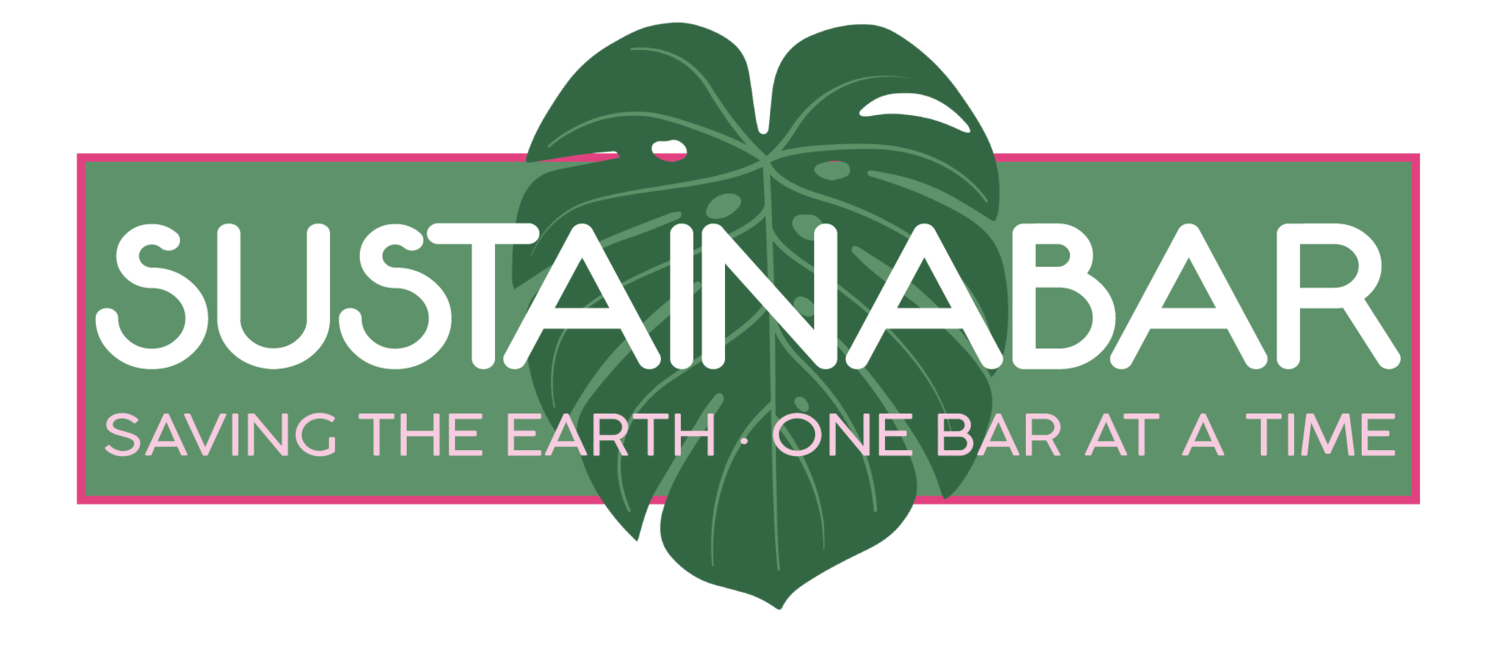An easy way to reduce your plastic footprint.
Opinion by Tessa Rose-Scheeres
The future looks pretty scary these days if you’re a kid. Every day there’s more bad news about the environment. Climate change seems unstoppable. Plastic can be found from the top of Mount Everest to the bottom of the ocean. My generation will be forced to deal with the fallout from the carelessness of past generations. I’m 13 now and worry about what the world will look like when I’m 50 -- and what kind of mess my kids will inherit.
We are all part of the problem. I know my family is. Recently, I was taking out the recycling when I noticed all of the plastic bottles my family uses. They overflowed the bin. I did some research online and learned that Americans throw away about 34 million tons of plastic each year, but only 9.5% of it is recycled, according to Columbia University; most of it ends up in landfill, where it takes up to 500 years to decompose. More than 552 million shampoo bottles alone end up in landfills each year because only 1 in 5 people bother to recycle the empty containers. Meanwhile plastic has been linked everything from cancer to infertility.
Around this same time, my mom bought me a shampoo bar at the mall. It was $12 and fit in the palm of my hand -- because 80% of bottled shampoo is just water. Before the rise of the plastics industry in the 40s and 50s, I learned, people used concentrated bars to clean just about everything, including their bodies and hair, dishes and laundry. I wondered why this changed. As a teenager it pains me to say it, but maybe in this case the old ways were better.
But $12 seemed like a lot of money for a 1.9 oz shampoo bar. I wondered if we could make our own – for cheaper, and with more natural ingredients. After a lot of research and experimentation, we came up with a shampoo bar made from oils and butters derived from plants such as avocado, coconut, apricot and olive oils. They are free of sulfates, silicones and parabens. They smell amazing, are fun to use and most importantly, they are zero-waste. You use the bar until it’s gone!
When we made some for my middle school craft fair, they quickly sold out. I wondered what other household items could be concentrated into bars. We found recipes to make conditioner bars, dish soap bars and lotion bars and started to make them in our kitchen with our mom’s help. They were so popular with our friends that my 10-year-old sister and I founded a company called “sustainabar” and started selling them online. As Greta Thunberg said, “you are never too small to make a difference.”
Our mission is simple: to convince people to replace BOTTLES with BARS. So do the earth a favor: once that bottle of shampoo or conditioner or dish soap or lotion runs out, get a bar to replace it.
It’s a small step, but collectively, all of our small steps will form a movement.
Tessa Rose-Scheeres is an 8th grader at Albany Middle School in California and the co-CEO of Sustainabar.

